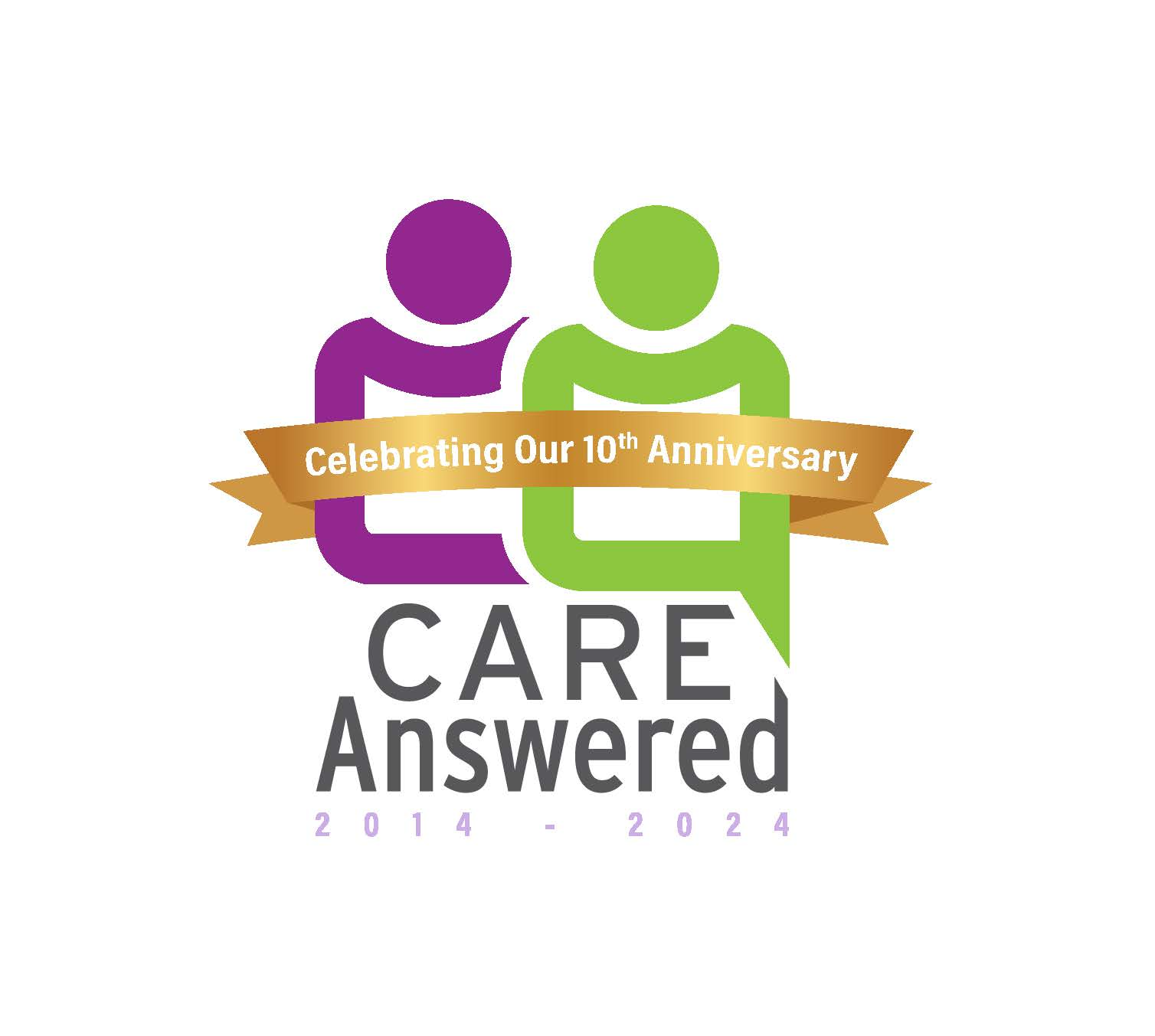The weather is turning chilly, and that means that flu and cold season is upon us. The best way for older adults to protect themselves from respiratory illness is with vaccines. Vaccines recommended this season include flu, Covid-19 and respiratory syncytial virus (RSV).
 All three of these illnesses affect the respiratory system. In some people, they result in just mild illness, but in others, especially seniors, they can cause serious and even life-threatening illness.
All three of these illnesses affect the respiratory system. In some people, they result in just mild illness, but in others, especially seniors, they can cause serious and even life-threatening illness.
This year, there’s good news for seniors. Included in the Inflation Reduction Act of 2022 was a rule that expanded coverage for vaccines. In fact, starting this year, all vaccines recommended by the Advisory Committee on Immunization Practices (ACIP) are available at no cost for those with Medicare prescription drug coverage.
Do I Need a Vaccine?
The Centers for Disease Control and Prevention (CDC) recommends that everyone 6 months and older should receive an updated Covid-19 vaccine and this year’s annual flu vaccine. Adults 60 and over should also consider receiving the RSV vaccine. Talk to your doctor to determine which vaccines are right for you.
Can I Get These Vaccines at the Same Time?
It is safe to receive all three vaccines during the same visit. However, if you prefer to space them out, it is fine to get the vaccines at separate visits. The important thing is to get vaccinated as soon as possible because it may take a week or more for your body to build up immunity following a vaccine.
Where Can I Get a Vaccine?
Vaccines are widely available, and most people can receive them through their physician’s office, their local pharmacy, or local public health clinics. In some cases, you may need a doctor’s prescription to receive your RSV vaccine at a pharmacy. Call the pharmacy or your doctor’s office to find out if you will need a prescription.
Do I Need to Pay for Vaccines?
In most cases, adults with private health insurance should be able to obtain these vaccines with no co-pay or out of pocket expense. However, you should check with your plan to make sure that you are fully covered. Private health plans will be required to cover RSV vaccines beginning next year. Some may not be fully covering them yet.
Those with Medicare are able to obtain these vaccines at no cost through Medicare Part D. Visit the CDC for a list of covered vaccines.
What if I Have Trouble Paying for Vaccines?
If your insurance does not cover a Covid-19 vaccine, you can obtain one for free through the Bridge Access Program. Visit vaccines.gov to learn more.
